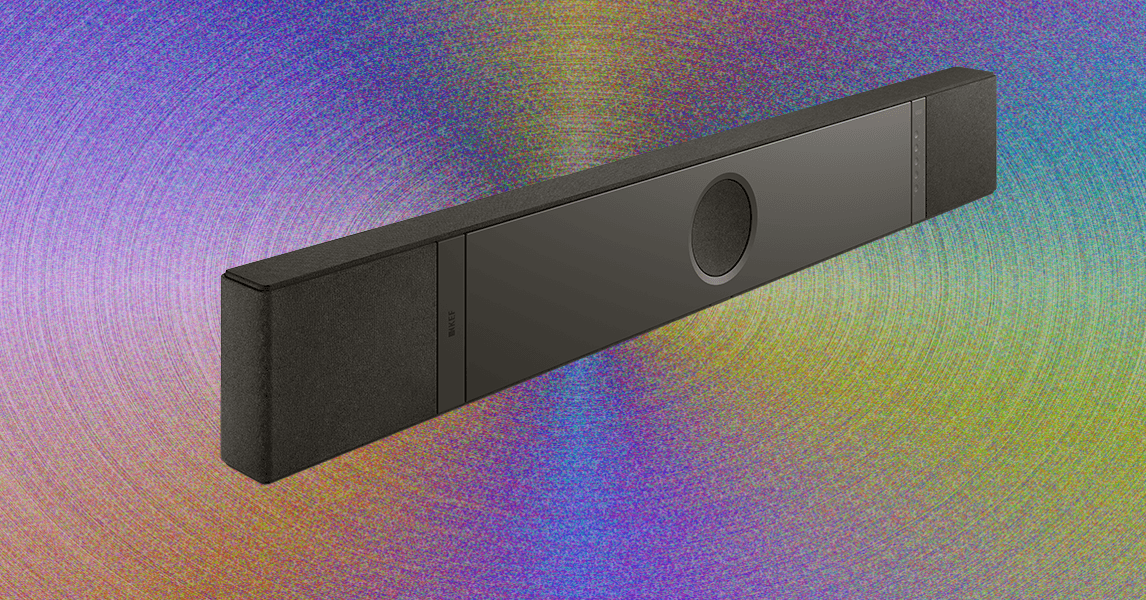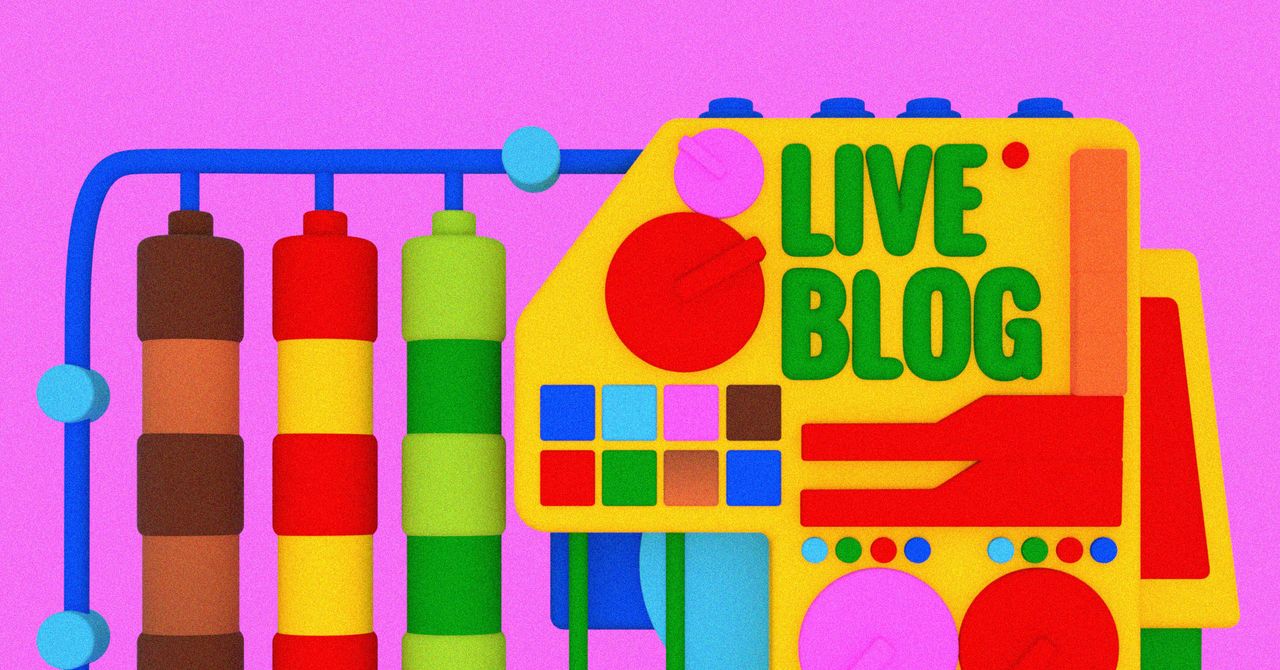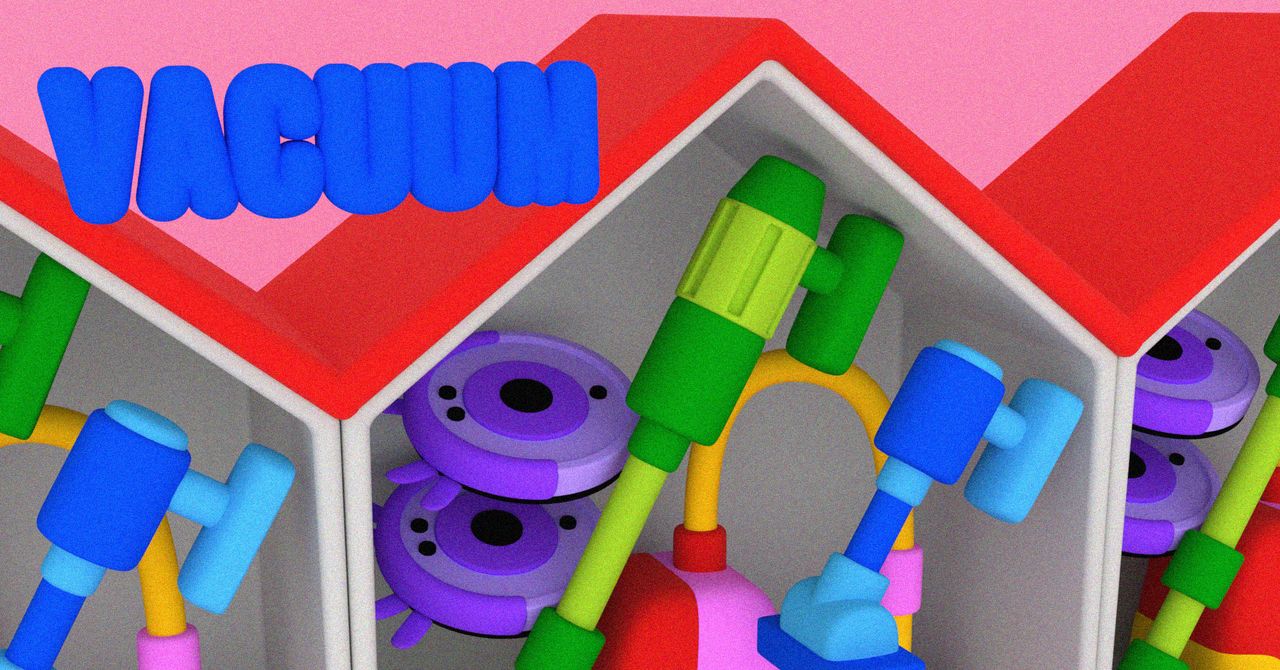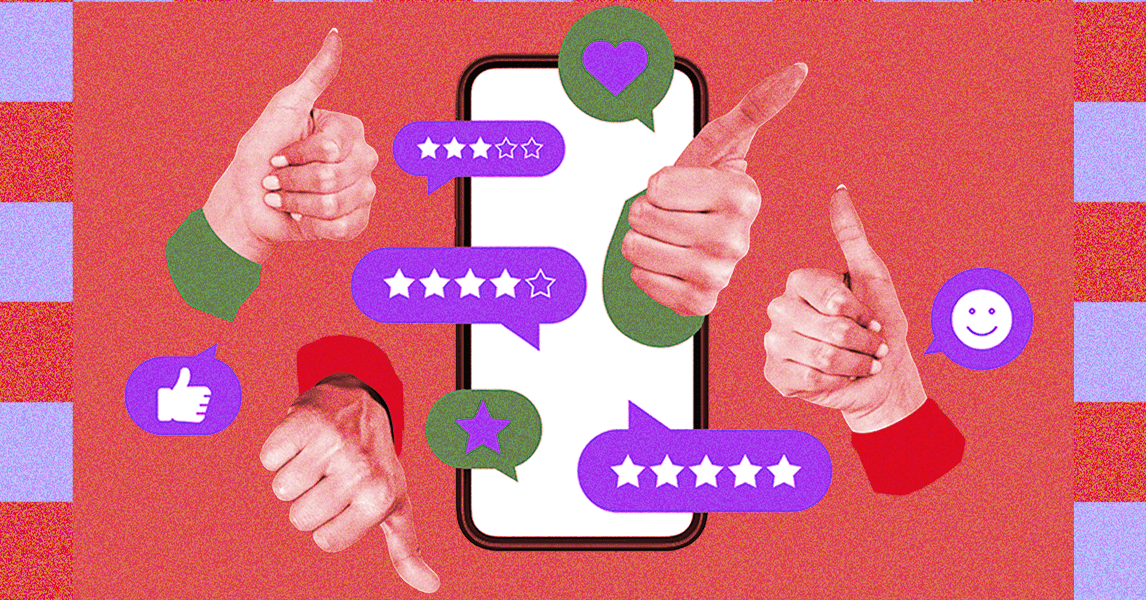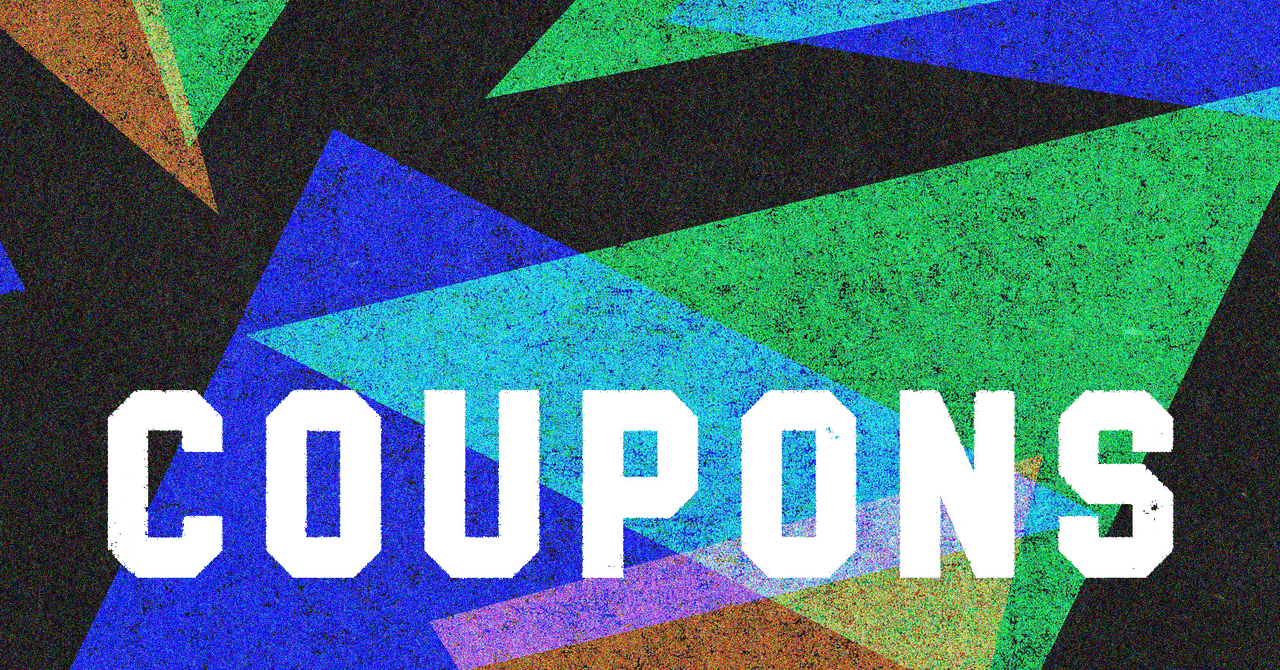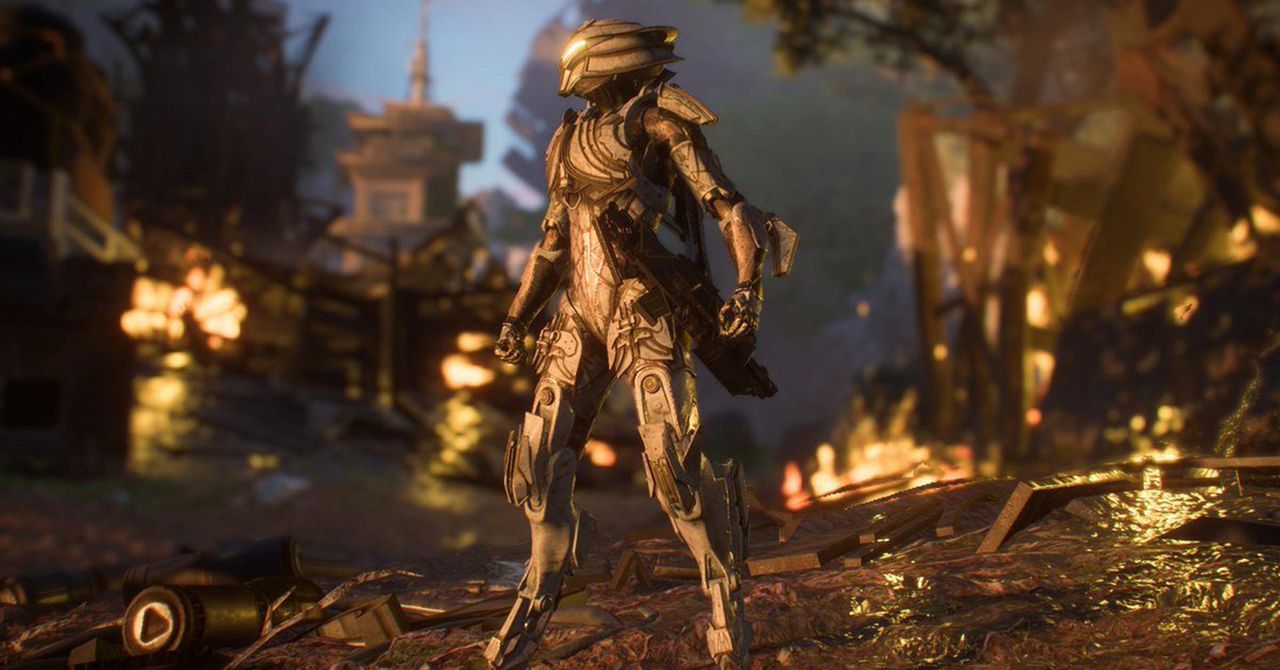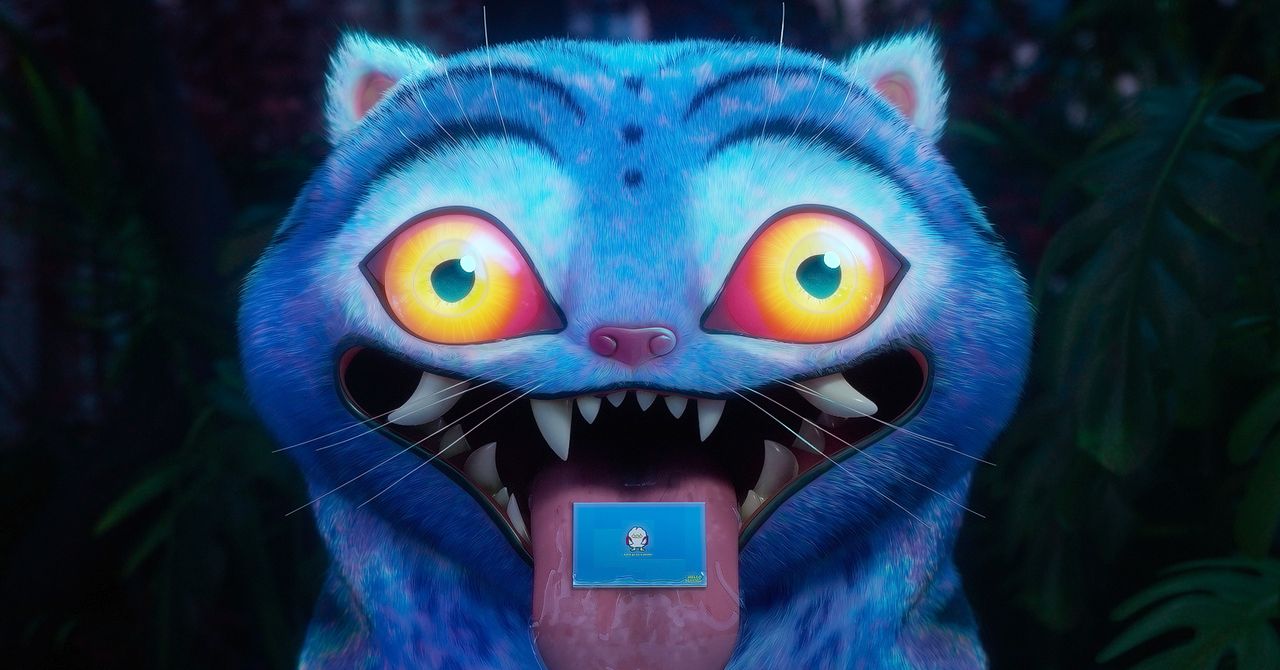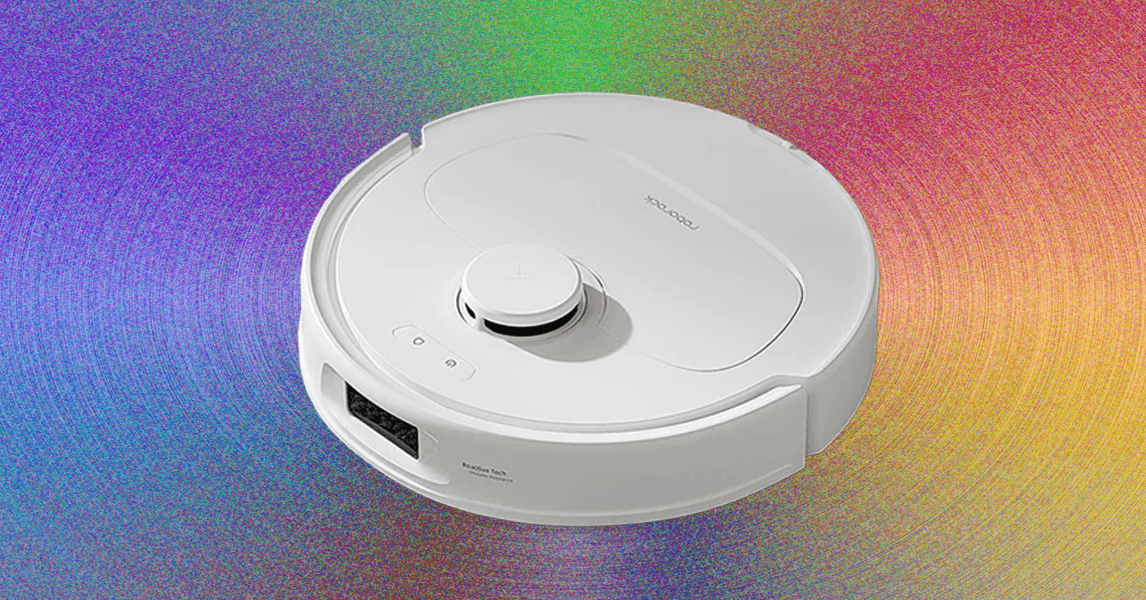Electronic Arts and BioWare will sunset their online multiplayer game Anthem on January 12, effectively making it obsolete. “Anthem was designed to be an online-only title so once the servers go offline, the game will no longer be playable,” BioWare wrote in the announcement. On August 15, the game will disappear from EA Play’s playlist.
Right now, players can’t buy in-game currency, but they will be able to spend what they have until servers are offline. Developers at BioWare who have been working on Anthem will not be laid off as a result of the game’s end. News of the game’s shutdown comes as the industry, already going through an upheaval, faces increased pressure from players to create “end of life” plans for service games.
Anthem’s development lasted almost seven years, during which the game struggled through major redirections. Its 2019 launch was widely panned by critics, who described it as uneven in its execution, riddled with bugs, and tedious. While BioWare and EA had initially planned to overhaul the game after launch—an undertaking known as Anthem Next—BioWare canceled the project in 2021, citing Covid-19, to shift focus to other games. Its live service continued to run.
Online, fans on places like EA’s official forums are asking for an “offline mode” that would allow them to play Anthem even without the servers. “To shut down and completely remove a game people have put money into (especially without refunds) is a worrying and dangerous precedent,” one player wrote. “If you bought a game you should be able to play it.” Another player wrote that “letting games like Anthem disappear completely also sends a dangerous message: that live-service games are disposable, no matter how much time or money players invested.”
Video games disappear for many reasons, whether it’s licensing issues, code being lost, or physical media becoming unplayable. The developer’s decision to end Anthem’s server support speaks to a problem specifically being combated by Stop Killing Games, a consumer movement out of the European Union that argues this practice is destroying some titles unnecessarily. “An increasing number of video games are sold effectively as goods—with no stated expiration date—but designed to be completely unplayable as soon as support from the publisher ends,” the campaign’s website reads. This practice, the movement’s organizers claim, “is not only detrimental to customers but makes preservation effectively impossible.”
Stop Killing Games won’t be able to do anything to stop the demise of Anthem. The organization relies on petitions and tries to seek government intervention—actions that couldn’t achieve outcomes before January. Still, says founder Ross Scott, the sunsetting is “exactly the sort we're trying to prevent.” The goal is to “break the cycle so this doesn't keep happening for future games.”
For Scott and the other adherents of Stop Killing Games, destroying a video game—much like destroying every copy of a book, album, or film—is tantamount to “a cultural loss for society,” according to the group’s website. “While a less recognized medium, video games still deserve to have basic protections against the complete and willful destruction of many of its works.” What they want is for companies to have backup plans that allow games to live on in a playable format even if they have to be taken offline.


